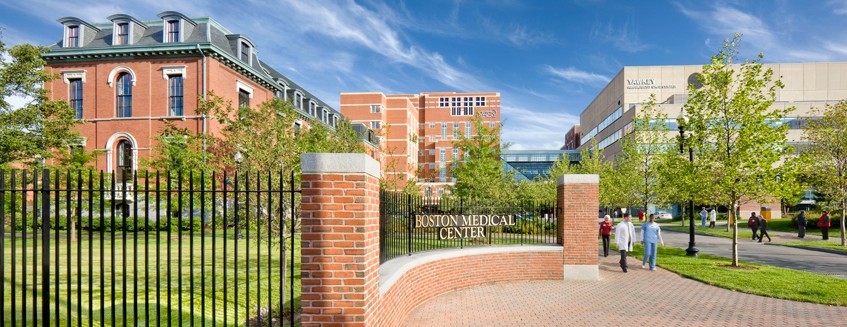Support Us
Training the next generation of EM physicians is expensive, particularly at a safety net hospital. Show your support for the BMC Emergency Medicine Residency Program today.
Dear Friends,
I am writing to you today to ask for your assistance and with the hope that you may be inspired to support our department and the EM residency program.
As you know, the BMC Emergency Department is very busy. Our volume continues to grow, and we now see in excess of 140,000 patients each year. In recent years, we have consolidated our services onto one campus, changed the footprint of the HAC ED, and are embarking on another series of significant renovations. Our department hosts competitive fellowship programs in EMS and ultrasound, our residency encompasses 52 residents over four years, and our faculty has grown to more than 30 members. Our commitment to our community and the patient population that we serve persists with Project Assert, our Violence Intervention and Advocacy Program, programs that are focused on helping the homeless, and our multidisciplinary Injury Prevention Center.
The BMC EM residency has produced nearly 300 program graduates, physicians who now serve as department chairs, clinical operations directors, grant-funded researchers, and residency and fellowship program directors at prestigious hospitals across the United States. As such, the “BCH or BMC Residency” line on a Curriculum Vitae continues to connote outstanding clinical skills, leadership, and a commitment to justice and equity in healthcare.
BMC remains an outstanding training environment, and our department remains a leader in ultrasound scholarship and training, public and population health services and research, EMS and disaster oversight, education innovation, and ED operations. In recent years, we’ve begun to see more than 100 applications for every PGY1 residency position we offer.
That we have been so successful in training the next generation of EM physicians should in no way suggest this is easy – or economical. Residency training is expensive, especially at a safety net medical center. There are costs with providing contemporary learning resources, registering and sending our residents for presentations at national meetings, and subsidizing global health service missions. In recent years, we have sent residents to any number of regions, including Haiti, Vietnam, Italy, Ghana, Zambia, South Africa, and Ethiopia.
If you are in a position to support the BMC EM Residency Program with a tax-deductible gift, I can assure you that your gift will be put to good use, sustaining the high quality of our program and training the next generation of physician leaders in emergency medicine.
Thank you for your thoughtful consideration of this request!
With gratitude,
Jordan Spector, MD
Residency Program Director
